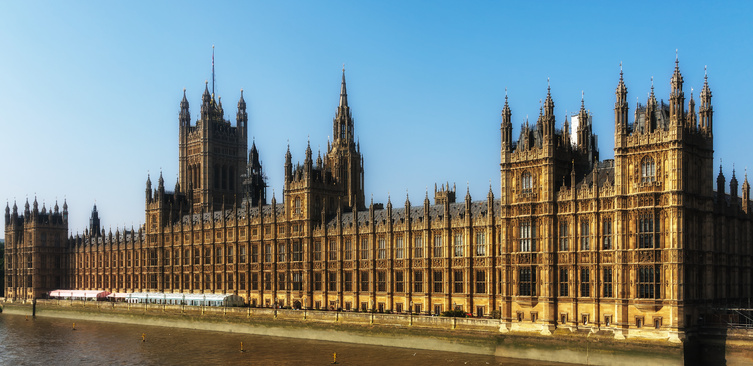
In recent times, there has been a lot of activity relating to the reforms. This page explains the basics of reforming the law in general terms. Our Articles page sets out information relating to the specific announcements made.
In December 2016, the government announced that it intended to review the commonhold and leasehold systems with a view to reforming the laws to make it quicker, simpler and, if possible, cheaper for leaseholders. Additional reviews have since been undertaken for regulation of managing agents, service charge issues and conveyancing processes. The analysis of the sector has been far-reaching, including investigations from The Competition and Markets Authority and Financial Services Authority amongst others.
Law Commission For technical areas of law, the Department outsources the researching and options to the Law Commission, which is an independent body. The Law Commission conducts a review before reporting to the Department with its recommendations for reform. |
Department of Levelling Up, Housing and Communities (“DLUHC”) The department responsible for researching options for new laws and for advising the Secretary of State of those options are and which are most viable. |
The Secretary of State for Levelling Up, Housing and Communities Responsible for any law relating to housing, communities and local government, including commonhold, leasehold and freehold laws. Considers the options presented to it by the Department, deciding which option is most viable before presenting the final solution to the Government. |
Government Decides what the new laws should be and presents these laws to Parliament for voting. |
Parliament The two houses vote on whether to make the new laws suggested by Government. If the parties vote to introduce the new laws, this will eventually become the law. |
The King's Speech sets out the legislative agenda for the following Parlimentary session. The list of proposed bills is read out during the King's Speech. The proposed bills are set by the Government, in keeping with the political agenda of the Government in power at that time. The King's Speech will only include brief details on the proposed bills. After the King's Speech, a press pack is usually issued which sets out more information on each bill. The press pack will only again contain limited information.
The Leasehold and Freehold Reform Bill was confirmed as a proposed bill for the forthcoming session in the King's Speech on 07 November 2023.
At any time after the King's Speech and before the next Parliamentary session, draft legisltion will be prepared and published on the Government's bills page. The draft legislation will contain the detail and is often accompanied by other useful documents. It will only be at this point that the detail is given.
The Leasehold and Freehold Reform Bill was presented in full on 27 November 2023.
Once a draft bill has been published, it will commence the legislative process. This process has many stages and can often take months to complete. During this stage, the bill itself can be amended, added to, or deleted in parts. Some bills never make it to legislation. The final bill can often look very different to the first version of the bill. The policy itself can also substantially change during this process.
The Leasehold and Freehold Reform Bill underwent fast-paced and rigorous scrutiny folloiwng presentation on 27 November 2023.
At the end of the legislative journey, the bill will be given "Royal Assent". This means that the bill has been approved, is final and will become law. The final version of the bill will often be released just after Royal Assent has been given.
The Leasehold and Freehold Reform Bill received Royal Assent on 24 May 2024.
The last stage in the process is the commencement of the bill. The "start date" of the now Act will be confirmed, and can be anythinig from days to months after Royal Assent has been given. Once the Act commences, the law then changes.
The Leasehold and Freehold Reform Bill has not yet commenced.
Until commencement of the new Act, having followed the above process, the current laws and procedures will continue as they are. If you proceed with a commonhold or leasehold transaction now and the law changes in future, it is unlikely that the changes will apply retrospectively. There is also no guarantee that new laws will be introduced or what those laws will end up being, even after the King's Speech.
We regularly update our articles page on the website for updates as and when they occur. You can also visit the Government's website for further information.
CLE has set out general information above to give an overview of the law-making process. The information given does not constitute legal advice and should not be relied on for specific cases. Legal advice must always be obtained relating to the facts of your case.